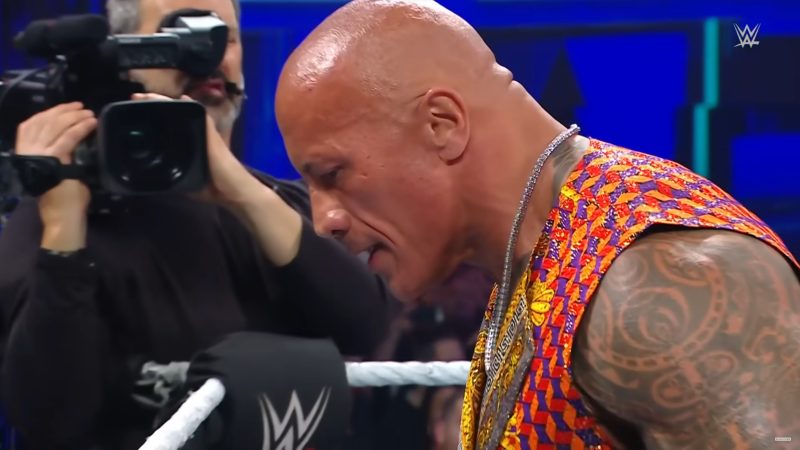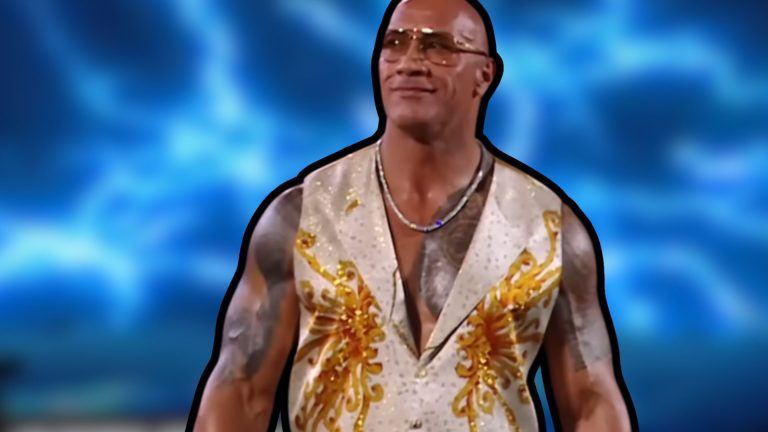The Rock, known for his charismatic and sometimes controversial mic skills, is not one to shy away from pushing the boundaries of WWE’s PG guidelines. Now that he’s one of the most powerful executives on the TKO board, he’s even more brazen in seeing how far he could take things, reportedly generating mixed reactions.
In his most recent string of appearances in the WWE, Dwayne “The Rock” Johnson has unapologetically used bold vocabulary with his edgy promos, reminiscent of his iconic performances during the Attitude Era, a time when WWE was known for its more adult-focused content.
Despite network and corporate concerns about adhering to PG guidelines, The Rock’s status as a board member for WWE’s parent company and his immense popularity as a global superstar have allowed him some leeway in his on-screen persona. This has led to speculations and hopes among fans that WWE might be testing the waters for a return to a TV-14 rating, a change many believe could rejuvenate the brand and increase viewership.

Speculations aside, SEScoops claims that some WWE Superstars feel a double standard; The Rock can use certain language and themes off-limits to them.
However, there are some who believe that even those reports, or so-called “dirt sheets”, are a work, and Triple H is strategically feeding publications information to play off the heat from The Rock’s heel turn. After all, many wrestlers use strong language on social media and other platforms without repercussion, especially after new management took over the creative side of the WWE.
Having said that, the Rock’s unique position within the WWE’s hierarchy is blurring the lines between his corporate decision-making and the creative freedom it affords him. His ability to draw attention and maintain viewer engagement with his promos has led to debates about the potential benefits of adopting a more mature content strategy for WWE as a whole. This discussion takes place amid significant business developments for WWE, including network changes and new streaming deals, suggesting that the company is at a pivotal point in deciding its future content strategy.
As for the fans, they’re loving The Rock. The People’s Champions arrival has heralded an edgier era for the WWE while rekindling interest in a more mature WWE. Perhaps, more importantly, The Rock is all-in on his rediscovered love for entertaining audiences as a heel, reveling in the hate and criticism, even on social media.
Whether this will eventually lead to a significant shift in WWE’s content strategy is still unclear, but The Rock’s influence has started conversations about the balance between the entertainment value and audience sensibilities in contemporary wrestling.
As WWE contemplates its future direction, the industry and its audience are paying it close attention. The potential for a more mature WWE opens up questions about more creative freedom, audience engagement, and the evolution of professional wrestling as a form of entertainment.
While this might not be enough to bring back the glory days of the Attitude Era, this may be the next best thing.

